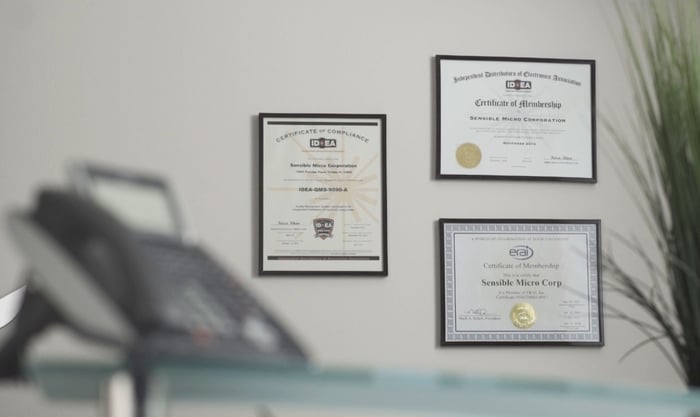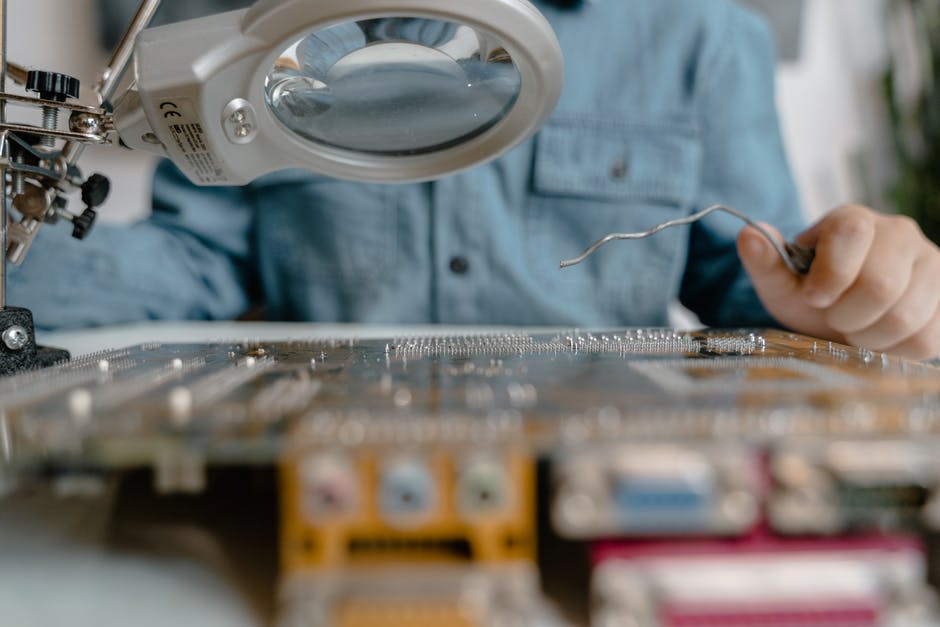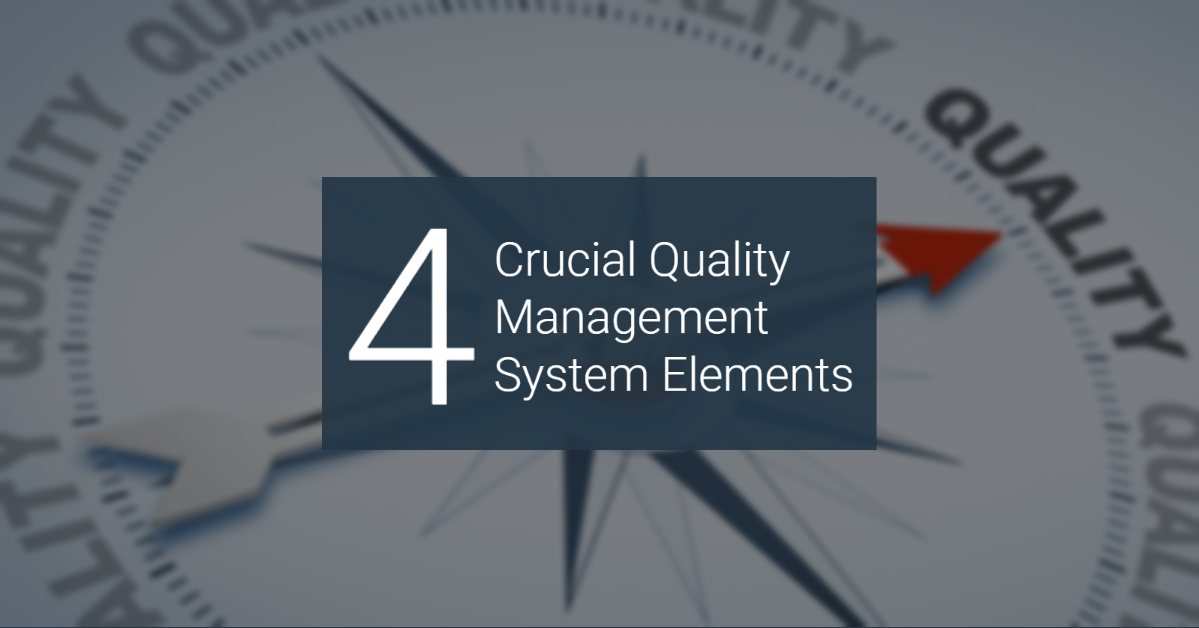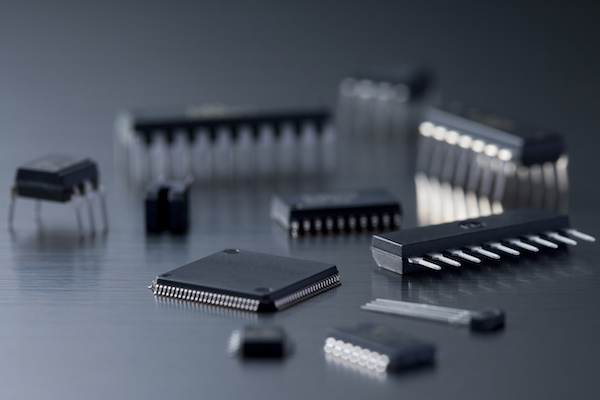When the success of your business depends on quality assurance practices, you need to carefully choose the right distributor for your supply chain. Finding a distributor of electronic parts that meets all of your business needs can be difficult and time-consuming. However, it’s not beneficial to quickly find a part simply out of necessity—especially if the supplier of that part doesn't have a quality management program.
The relationship between supply chain managers and independent distributors is crucial to fulfilling business requirements and ensuring supply chain operations continue to run smoothly. A reliable distributor should provide transparency through communication and by fulfilling quality control processes. A company’s budget and manufacturing processes should not be jeopardized by undelivered shipments, payment challenges, or faulty components. Here are 10 questions to ask an independent distributor in order to gauge their level of quality assurance, gain insight into internal quality control processes, and learn about their certifications.
1. Is the organization ISO 9001 certified?
This should be asked for every component distributor you speak with. If they aren’t certified, this should raise a red flag as it demonstrates no quality assurance guarantees or regulated quality management system is in place.
2. Is the organization AS9120 certified?
Distributors that procure parts, materials, and assemblies to sell them to customers in the aerospace industry should have AS9120 certification. Distributors wanting to maintain certification also submit to annual or regularly scheduled audits where their compliance with the standard is evaluated by a certifying third-party, so be sure to ask if their certification is current.
3. Is the organization ANSI (American National Standards Institute)/ESD-S20.20 (Electrostatic Discharge) certified?
Another certification which relates to all electronic industries is ANSI S20.20, the standard covers the requirements necessary to design, establish, implement, and maintain an Electrostatic Discharge (ESD) control program to protect electrical or electronic parts and equipment that are susceptible to ESD damage from discharges of 100 volts or more.
4. Is the organization an IDEA (Independent Distributors of Electronics Association) member?
IDEA is a global trade association dedicated to quality initiatives that provide responsible procurement solutions to supply chains. They focus on programs and practices that increase and establish quality standards and advance industry ethics and integrity.
5. Is the organization IDEA-QMS-9090 certified?
IDEA-QMS-9090 was developed to establish specific requirements and practices that address unique aspects in the independent distributors of electronics market which aren’t covered in other quality management system (QMS) standards. Being IDEA-QMS-9090 certified demonstrates a distributor’s continued commitment to improving their QMS standards.
6. Does the organization have any IDEA 3000 certified inspectors?
Inspectors are the first line of defense to prevent counterfeit or defective components from passing through into their inventory. Having IDEA 3000 inspectors demonstrates the companies commitment to ensuring competency in their inspection, research and counterfeit detection skills, and their knowledge in the best practices and quality assurance standards for their industry.
7. Does the organization use the IDEA-STD-1010 standard for the visual inspection of electronic components?
The IDEA-STD-1010 is the first and leading quality standard guideline for the electronic component industry. This technical resource outlines the quality standards for visual inspections and the detection of defective and counterfeit components.
8. Is the organization a GIDEP (Government-Industry Data Exchange Program) member?
GIDEP is a program between government and industries wanting to reduce expenditures of resources through the exchanging and sharing of information related to research, design, development, testing, and logistics. This aims to improve quality and reliability of systems and components during the acquisition and logistics phases of their life cycle, while reducing costs in the development and manufacturing of complex equipment and systems.
9. Is the organization an ERAI member?
ERAI services and practices are along the same lines of IDEA and their aim to enhance quality assurance and management in industries. ERAI provides in-depth information that enables members to perform industry-specific risk-mitigation on high-risk, suspect electronic components and help identify problematic customers and suppliers.
10. Does the organization have an in-house counterfeit detection lab that goes beyond visual inspection?
You want a component distributor that operates under a more thorough inspection process then just visually appraising the components coming through their supply chain. The more detailed a distributor's inspection process is, the better chance they have at catching suspect parts and defective components.
Finding an independent distributor that can provide quality assurance and meet your supply chain demands doesn’t need to be a lengthy task. Asking the right questions about their quality management system and other internal quality control practices is the right start to establishing a long-lasting client relationship.
Sensible Micro operates with the goal of sourcing and stocking in-demand components while eliminating substandard or defective components from your supply chain. We house one of the most technically advanced anti-counterfeit inspection labs in the industry and are always improving the effectiveness of our quality control policies to exceed customer expectations.
Contact us today to see how we can help meet your company’s supply chain demands!



















